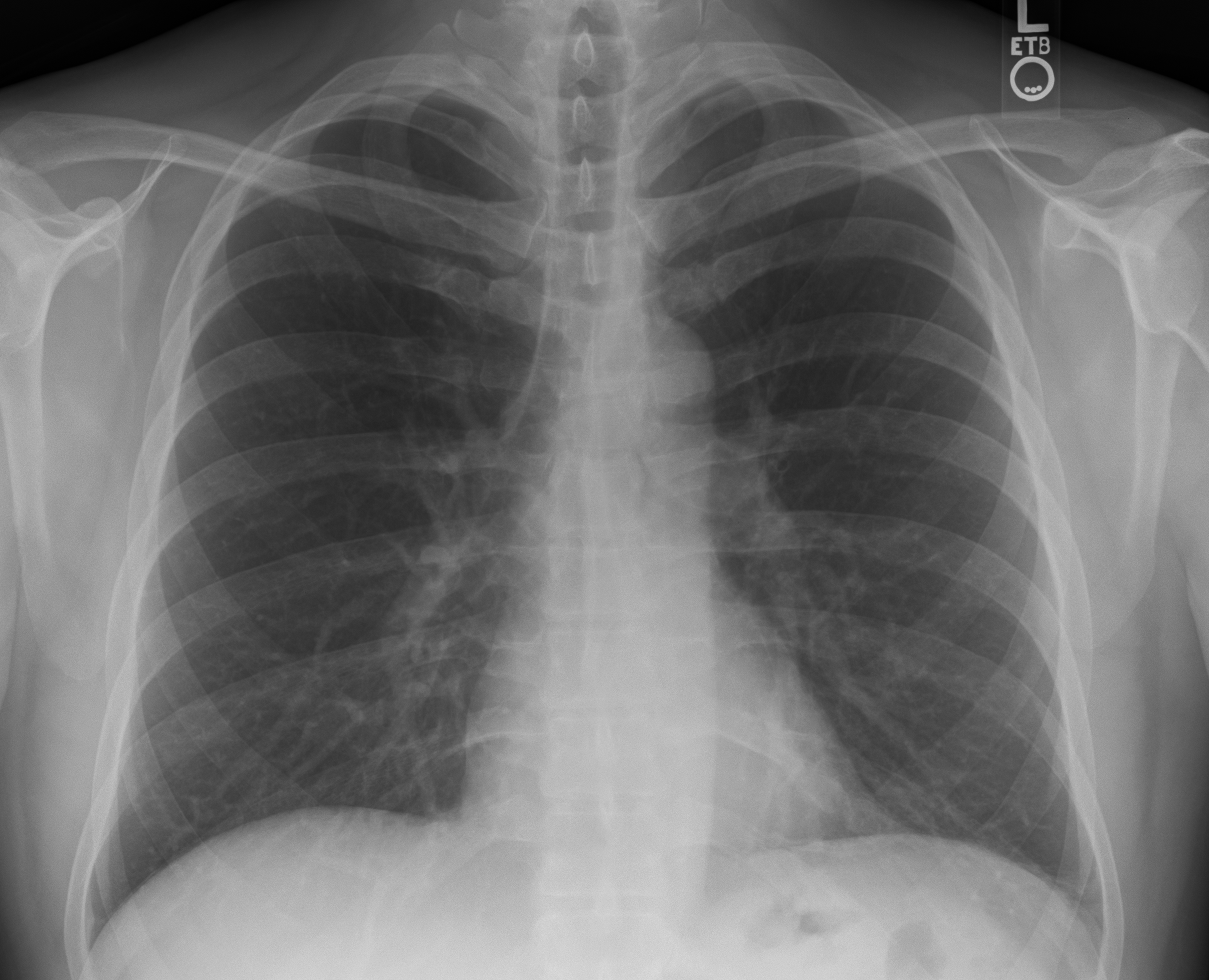
By Heather Hamilton, Contributing Writer
Artificial intelligence can now predict how long we’ll live, according to a new study in which deep learning was used to predict which patients would die within five years. By analyzing images of a patient’s chest, the machine achieved an accuracy rate of 69%, similar to that of a human doctor. In the future, its accuracy should surpass that of a human doctor.
The study, from the University of Adelaide, may offer significant help in early diagnosis of serious illness, which would allow doctors to intervene and offer lifesaving support much earlier. “Predicting the future of a patient is useful because it may enable doctors to tailor treatments to the individual,” said lead author Dr. Luke Oakden-Rayner, a radiologist and Ph.D. student at the University, in an article on their website. “The accurate assessment of biological age and the prediction of a patient’s longevity has so far been limited by doctors’ inability to look inside the body and measure the health of each organ. Our research has investigated the use of ‘deep learning,’ a technique [in which] computer systems can learn how to understand and analyze images.”
The study, published in full in the nature journal Scientific Reports, notes that researchers weren’t actually able to identify what it was that the computer systems saw in order to make predictions. The predictions in which the machine was most certain, however, did come from patients suffering chronic diseases, including emphysema and congestive heart failure.
In a Reddit thread, Dr. Oakden-Rayner says that the chest was chosen because it physically contains many organs that play a significant role in mortality: “the heart, great vessels, lungs, superficial and epicardial fat, and tissues related to frailty like the thoracic spine and paravertebral muscles.” Alternatively, the head only contains the brain and medium-sized vessels: “nothing else particularly relevant to mortality prediction (as far as we know). Pathologies of those tissues are not known to be associated strongly with mortality.”
Dr. Oakden-Rayner believes that the machine is successful because it does not focus on diagnosing a disease, but instead on identifying medical outcomes in ways that doctors are not trained to do. It also interprets large amounts of data and points out patterns in a way that is impossible for the human mind.
While this research is potentially groundbreaking, it only focuses on a small sample size — just 48 patients. The research team plans to widen that in the next stage, expanding their research to include the prediction of other medical conditions, such as heart attacks.
“Although for this study only a small sample of patients was used, our research suggests that the computer has learned to recognize the complex imaging appearances of diseases, something that requires extensive training for human experts,” says Dr. Oakden-Rayner.
On Reddit, he writes, “Our goal isn't really to predict death, per se. We want to quantify health. The application here (precision medicine) is very similar to how we use genetic data in that it can tell us what we are [at] increased risk for, whether we need lifestyle changes or preventative treatment. I'd sign up, for sure.”
Sources: University of Adelaide,Scientific Reports,Reddit
Image Source: Wikipedia
Advertisement
Learn more about Electronic Products Magazine





